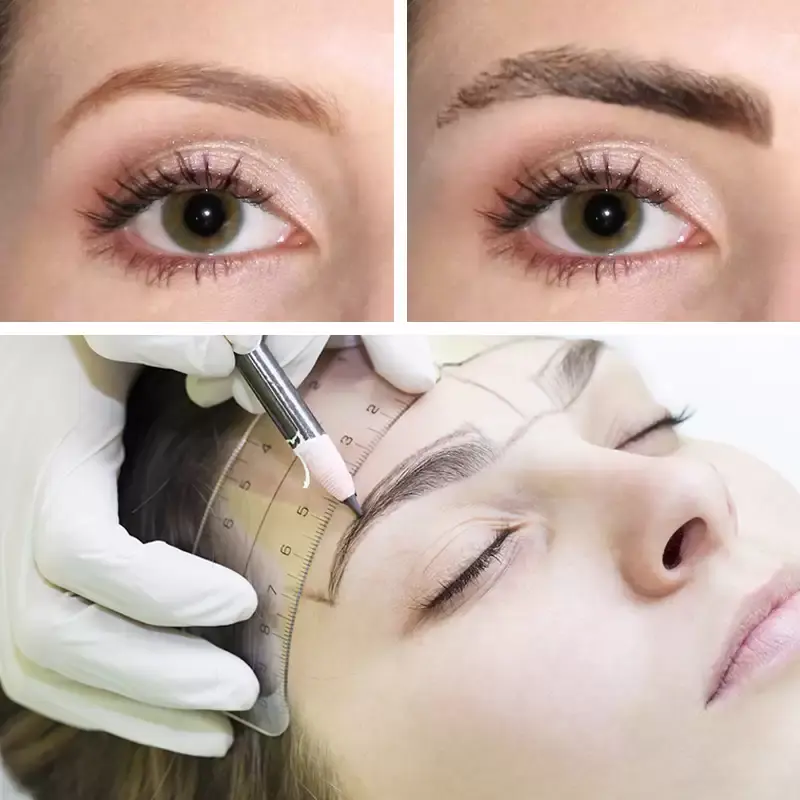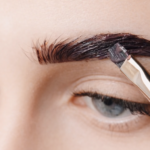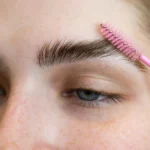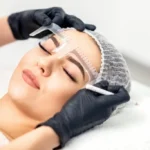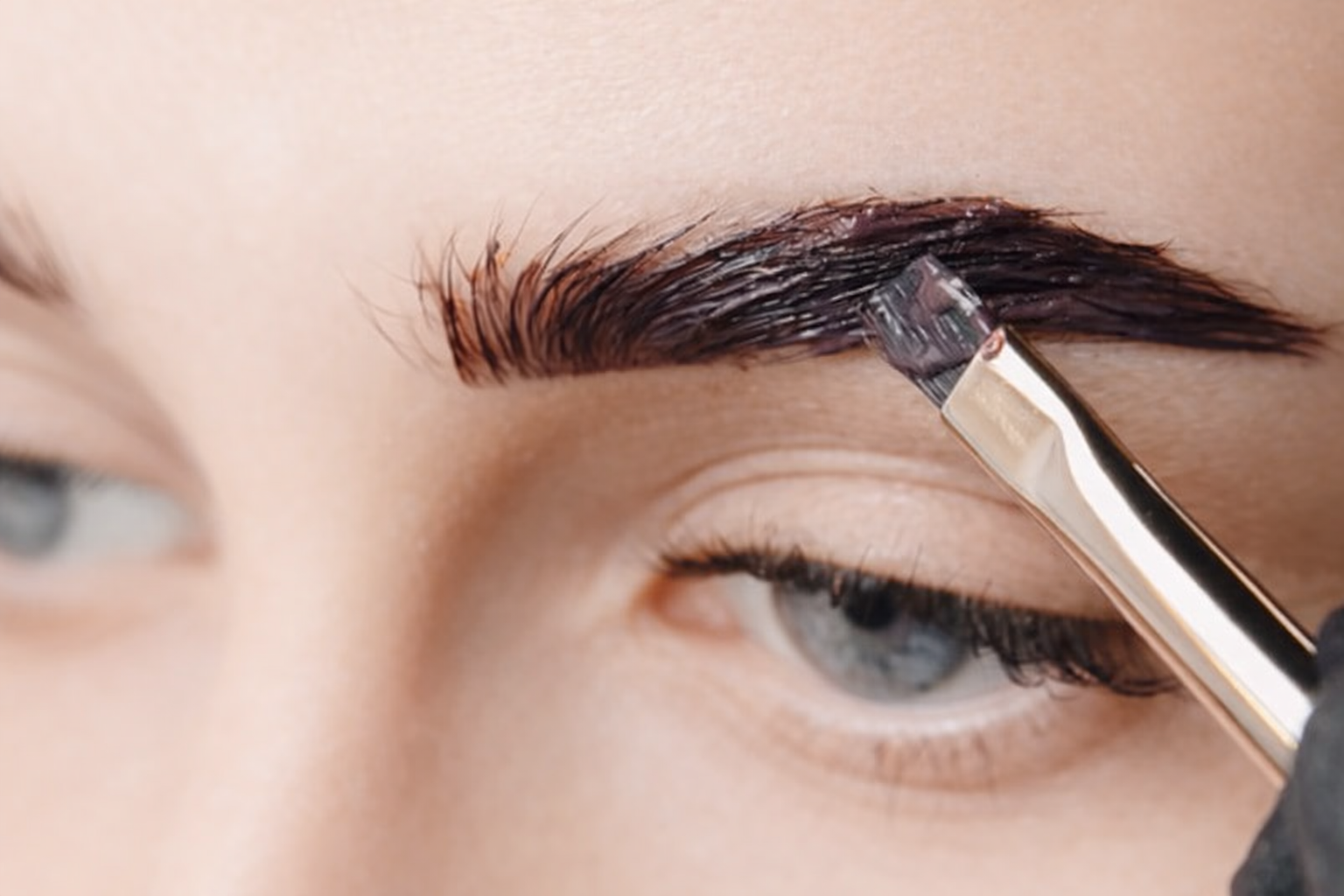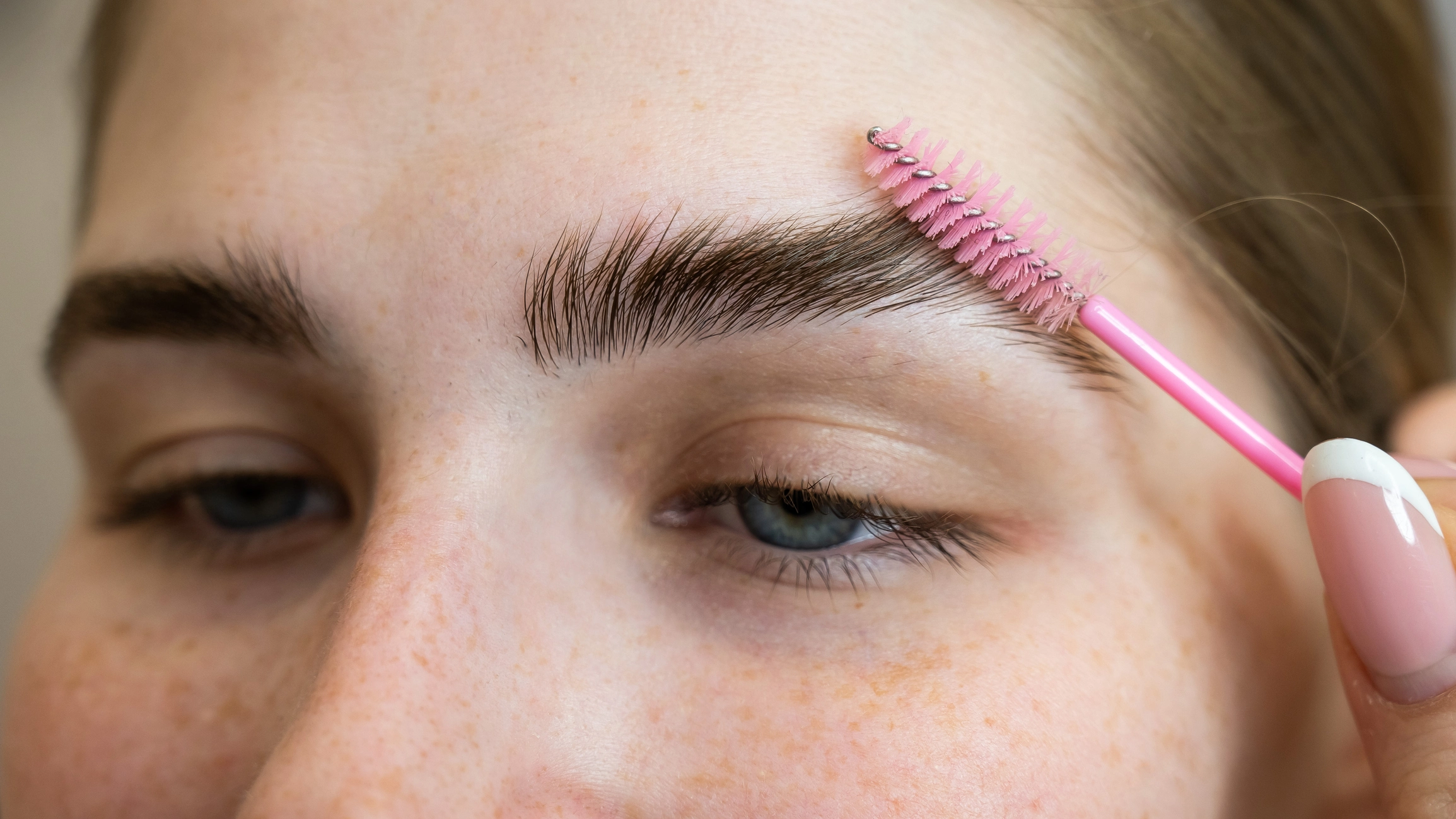As a hair surgeon, I often encounter patients concerned about the potential side effects of medications they are taking, especially when it comes to something as emotionally charged as hair loss. One of the more frequent queries I receive is whether birth control pills can cause hair loss. This is a valid concern, given the popularity of oral contraceptives and the significant role that hair plays in our self-image.
Understanding Hair Growth and Loss
To understand how birth control pills might influence hair loss, it’s essential to first grasp the basics of hair growth. Hair grows in cycles, consisting of three main phases: anagen (growth phase), catagen (transitional phase), and telogen (resting phase). At any given time, the majority of our hair is in the anagen phase, which can last several years. The catagen phase is brief, followed by the telogen phase, where hair rests before eventually shedding.
Hormones significantly influence these cycles. Androgens, a group of hormones that includes testosterone, play a crucial role in hair growth. In certain conditions, elevated levels of androgens can shorten the anagen phase and prolong the telogen phase, leading to hair thinning and increased shedding.
Lifestyle habits can also affect hair growth. For instance, nicotine use and smoking have been linked to increased hair thinning, learn more in our article on Does Nicotine Cause Hair Loss.
Birth Control Pills and Hormones
Birth control pills, or oral contraceptives, are designed to prevent pregnancy by manipulating hormone levels. They typically contain synthetic forms of estrogen and progestin, which work together to prevent ovulation, thicken cervical mucus, and thin the uterine lining. However, these hormonal changes can also impact other areas of the body, including the hair follicles.
There are various types of birth control pills, broadly categorized into combined oral contraceptives (COCs) containing both estrogen and progestin, and progestin-only pills (POPs). The type and dosage of hormones in these pills can have different effects on hair growth.
Types of Birth Control and Their Impact on Hair Loss
When it comes to birth control, not all types have the same impact on hair health. Understanding the differences can help you make an informed decision about which contraceptive method is best for you, particularly if you are concerned about hair loss. Here’s a breakdown of the most common types of birth control and their potential effects on hair:
Combined Oral Contraceptives (COCs)
Combined oral contraceptives (COCs) contain both estrogen and progestin and are the most common type of birth control pill. The impact of COCs on hair largely depends on the type of progestin they contain. Pills with low-androgenic progestins, such as desogestrel, norgestimate, or drospirenone, are generally less likely to cause hair loss and can sometimes help improve hair health by reducing androgens in the body. In contrast, some women have reported desogestrel hair loss when other health factors or hormonal imbalances are present, though it’s far less common than with high-androgenic pills.
Therefore, if you are concerned about hair loss, it’s advisable to opt for a combined oral contraceptive with a low-androgenic progestin. Examples include Yasmin (drospirenone and ethinyl estradiol), Ortho Tri-Cyclen (norgestimate and ethinyl estradiol), and Mircette (desogestrel and ethinyl estradiol).
Progestin-Only Pills (POPs)
Progestin-only pills, also known as the “mini-pill,” contain only progestin and no estrogen. They are often prescribed to women who cannot take estrogen. The impact of progestin-only pills on hair varies depending on the type of progestin used. Some progestins are more androgenic and may increase the risk of hair loss. If you need to use a progestin-only pill, it’s essential to discuss with your healthcare provider about options with lower androgenic activity. However, many POPs can still carry a risk of hair loss, so caution is warranted.
Non-Oral Hormonal Contraceptives
Non-oral hormonal contraceptives include methods such as the contraceptive patch, vaginal ring, and hormonal IUDs (like Mirena). The contraceptive patch and vaginal ring release a combination of estrogen and progestin similar to COCs and have a comparable risk profile regarding hair loss. Choosing options with low-androgenic progestins can help minimize this risk. Hormonal IUDs, which primarily release progestin (levonorgestrel), can have a higher androgenic effect, potentially leading to hair loss in susceptible individuals. For those concerned about hair loss, the contraceptive patch (such as Ortho Evra) and the vaginal ring (NuvaRing) with low-androgenic progestins may be better options compared to hormonal IUDs.
Non-Hormonal Contraceptives
Non-hormonal contraceptives include methods such as copper IUDs, condoms, diaphragms, and fertility awareness methods. These methods do not interfere with hormonal balance and, therefore, do not contribute to hair loss. If you are highly concerned about the risk of hair loss and want to avoid any potential hormonal side effects, non-hormonal methods are the safest choice. Copper IUDs, in particular, offer long-term contraception without hormonal involvement.
The Link Between Birth Control Pills and Hair Loss
Hair loss associated with birth control pills, often referred to as norethindrone hair loss or norethindrone and hair loss, can be due to several factors:
- Hormonal Fluctuations: The introduction of synthetic hormones can disrupt the natural hormonal balance. Some women might experience a condition known as telogen effluvium, a form of temporary hair loss that occurs after a significant hormonal change. This can happen when starting, stopping, or switching birth control pills.
- Androgen Sensitivity: Some birth control pills, particularly those with higher androgenic activity, can exacerbate hair loss in women who are genetically predisposed to androgenetic alopecia, also known as female pattern hair loss. Pills with lower androgenic activity or anti-androgenic properties are generally preferred for women with this predisposition.
- Nutritional Deficiencies: Hormonal contraceptives can sometimes lead to nutritional deficiencies, such as a lack of certain vitamins and minerals essential for healthy hair growth. For instance, birth control pills can reduce levels of zinc and B vitamins, both of which are crucial for maintaining healthy hair.
Personal Experiences and Case Studies
In my practice, I’ve encountered numerous cases where birth control pills have seemingly influenced hair loss. One patient, Sarah, came to me with concerns about significant hair shedding after switching her contraceptive pill. Upon examination and reviewing her medical history, it became clear that the new pill had higher androgenic activity, likely contributing to her hair loss. By switching her to a low-androgen index pill and supplementing her diet with essential vitamins, we managed to curb her hair shedding and promote regrowth.
Another case involved Emily, who experienced hair loss after discontinuing her birth control pills. This post-pill hair loss is relatively common due to the sudden drop in estrogen levels, leading to telogen effluvium. Emily’s hair loss stabilized after a few months as her body adjusted to the new hormonal equilibrium.
Managing Hair Loss Related to Birth Control Pills
If you suspect that your birth control pill is causing hair loss, it’s crucial to consult with both your gynecologist and a hair specialist. Here are some steps that can be taken to manage and mitigate hair loss:
- Evaluate Hormonal Content: Work with your healthcare provider to assess the androgenic activity of your birth control pill. Switching to a pill with lower androgenic properties or one with anti-androgenic effects, such as those containing drospirenone, can be beneficial.
- Monitor Nutritional Intake: Ensure that you are getting adequate nutrients, especially those crucial for hair health like zinc, iron, and B vitamins. Sometimes, a simple blood test can reveal deficiencies that can be corrected with dietary changes or supplements.
- Stress Management: Stress can exacerbate hair loss, so incorporating stress-reducing activities like yoga, meditation, or regular exercise can be helpful.
- Topical Treatments: For some patients, topical treatments such as minoxidil can be effective in promoting hair regrowth.
- Medical Therapies: In more severe cases, medical therapies like anti-androgen medications or even low-level laser therapy might be recommended.
As a hair surgeon, I understand the distress that hair loss can cause. Birth control pills, while highly effective for preventing pregnancy and managing other hormonal issues, can indeed influence hair growth patterns. It’s important to approach this issue holistically, considering all potential factors, including the type of birth control pill, individual hormonal balance, and nutritional status.
If you’re experiencing hair loss and suspect your birth control pill might be the culprit, don’t hesitate to seek professional advice. With the right approach and management, it’s possible to mitigate hair loss and maintain healthy hair while continuing to use birth control pills. Remember, every individual is unique, and what works for one person may not work for another, so personalized medical advice is always the best course of action.



